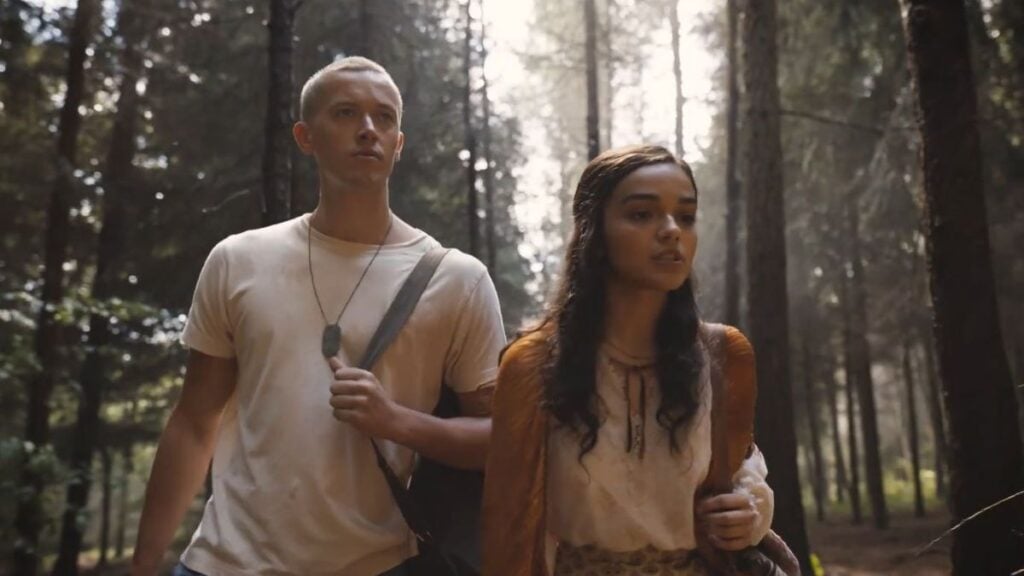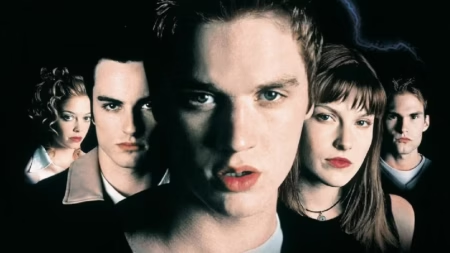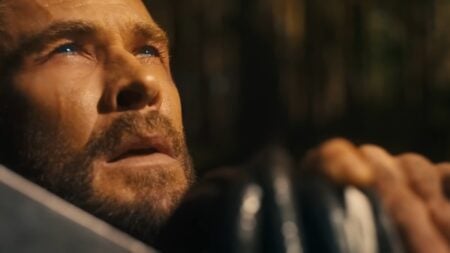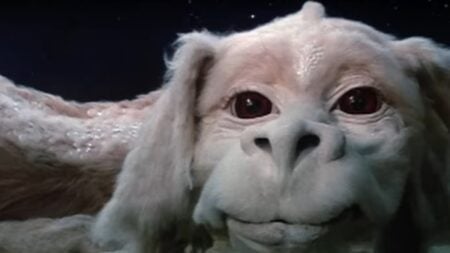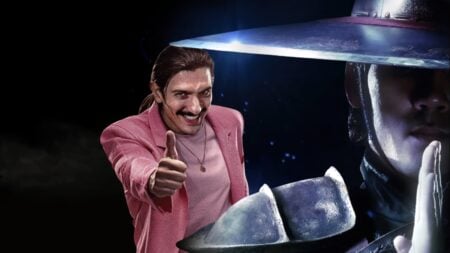Skip To...
The Hunger Games: The Ballad of Songbirds & Snakes ended the debate over the beloved YA franchise. Fans and critics wondered whether it could continue without Jennifer Lawrence. The prequel proved it can, though probably not for long. The film follows Coriolanus Snow, the antagonist of the original tetralogy, as he endures the events that carve away his humanity. We’ve seen Snow 64 years later, but where does his early career leave him?
The Ballad of Songbirds & Snakes Can’t End Well
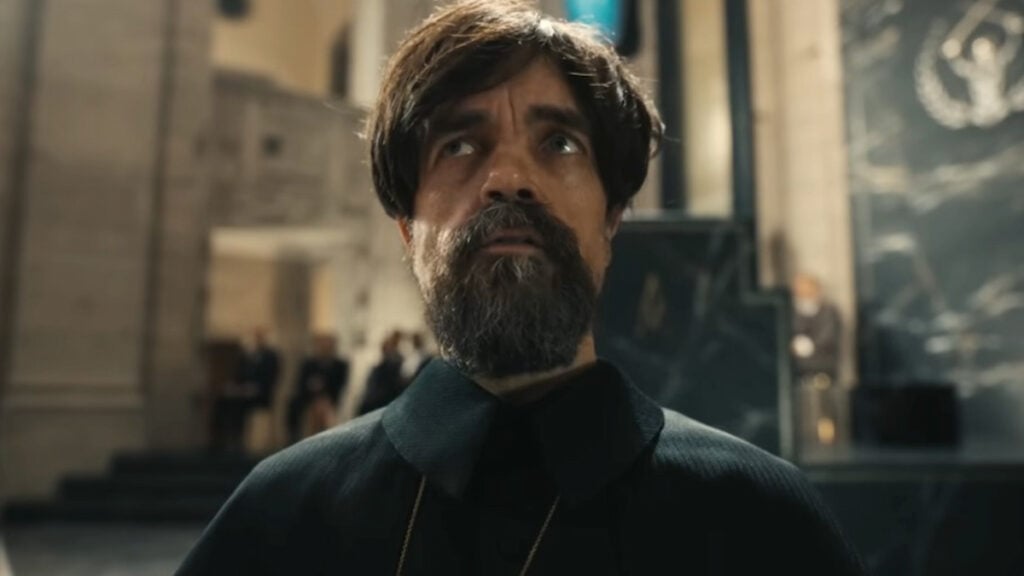
We all enter The Ballad of Songbirds & Snakes knowing how Coriolanus Snow ends. The villain origin story is rare, but it can expand a fictional world impressively. Snow begins as the scion of a respected family. His dad was a celebrated general, but his death left Coryo, his grandmother, and his cousin Tigris struggling financially. His high school offers a cash prize for valedictorian, and it could earn him a spot in the top brass. Unfortunately, the surly Dean Highbottom announces a new wrinkle in the competition. The top students will mentor the tributes in the 10th annual Hunger Games. Whoever coaches their charge to media stardom will earn the prize. Coriolanus sees his mentee, a fiery lady from District 12 named Lucy Gray Baird, plant a snake on a romantic rival and captivate the audience with a song. He hatches a plan to make her a star.
The Ballad of Songbirds & Snakes reaches the Hunger Games well before the end. The film features three chapters. The first sets the stakes, but the second gets into the games. Snow’s fellow students struggle with their tributes. One girl taunts her starving charge with a drink, only to be stabbed to death with the broken bottle seconds later. Her hilarious demise provokes cops to kill the tribute. Four more competitors die when rebels bomb the arena. The head gamemaker, Dr. Volumnia Gaul, needs the 10th game to be a hit if only to quell the fires of resistance across the Districts. Coriolanus forges a bond with Lucy Gray that surprisingly goes both ways. She saves him during the bombing, and he gives her some poison and sage wisdom to get her through the game. Both their fates hinge on her performance in the Hunger Games.
The Purpose of the Hunger Games
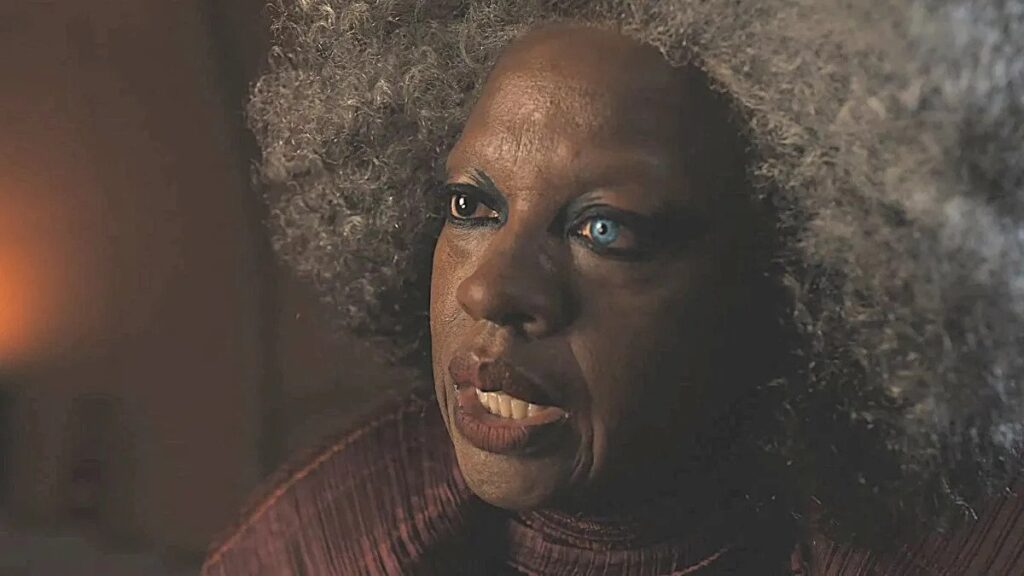
The Hunger Games are a flash of violence. Some tributes are too sick to fight, while a few band together to kill others. Lucy Gray survives by hiding and abusing Coryo’s poison. The game goes on for days. Snow’s best friend, Sejanus Plinth, rose from District 2 to the Capital with his father’s money. When his tribute, an old friend, dies after an escape attempt, Plinth invades the game in protest. Dr. Gaul commands Coryo to pull him out. He convinces him to leave, but a tribute attacks. Coriolanus beats the boy to death, the violence changing his outlook. Gaul decides to order the death of every tribute to silence rebellion. She releases snakes into the arena. Coryo knows they won’t attack a familiar scent, so he sneaks a handkerchief she touched into their tank. The snakes kill the tributes, leaving Lucy Gray victorious as they refuse to strike.
The Ballad of Songbirds & Snakes doesn’t end with the Hunger Games. Dean Highbottom discovers Coryo’s treachery and exiles him from the Capital. Coryo becomes a peacekeeper but bribes an official to be stationed in District 12. Plinth comes with him, eager to help others as a medic. Snow finds Lucy Gray and starts a relationship, spending every moment he can with her and her family. Plinth establishes contacts in the rebellion, prompting Coryo to fear being punished for associating with him. Snow records a conversation implicating Plinth after the higher-ups offer him a chance to become an officer. Snow catches Plinth supplying guns and kills a witness. The peacekeepers snag Plinth and the rebels, hanging them on Snow’s evidence. He and Lucy Gray flee, wandering off into the woods together.
They’re Both Songbirds and Snakes

Coriolanus and Lucy Gray search for a happy ending in The Hunger Games: The Ballad of Songbirds & Snakes. It doesn’t work out. Coryo lets slip that he’s responsible for Plinth’s death. Lucy Gray leads them to a cabin where Coryo finds the guns he used to kill the rebel witness. Without them, he’d be free to return and become an officer. Lucy loses trust and runs away. When Snow goes after her, he finds a gift he gave her, hiding a snake. It bites him, but no venom takes hold. Snow becomes unhinged. He fires wildly into the forest. He believes he hits her, but he can’t find her body. Lucy’s fate is unknown, as it is in the books. Without his love, he returns to the peacekeepers. They place him on a train, informing him of a change of plans.
Coriolanus Snow does not become an officer in the military. Instead, Dr. Volumina Gaul takes him as an assistant. Sejanus’s rich dad, Strabo Plinth, adopts Coryo to thank him for treating his son so well, unaware of Snow’s final betrayal. Snow will spend the next decades in the lap of luxury, refining the Hunger Games into the spectacle we see in the first films. He greets Dean Highbottom in his office. The bitter educator explains why he hates Coryo so much. Turns out, Highbottom and Coryo’s dad were best friends. Mr. Snow challenged Highbottom to devise a punishment so savage the Districts would never rebel again. He created the Hunger Games as a drunken bet and lived in shame for a decade. Coryo poisons his drugs, avenging himself while freeing the man from his fate. Snow begins his new life as an unfeeling monster, ready to rise to power.
The Hunger Games: The Ballad of Songbirds & Snakes packs a ton of story before the end. It’s a bit much, but it sells Snow’s journey. There’s not much room for more here, but Snow’s story is a fascinating look at new corners of Panem.

